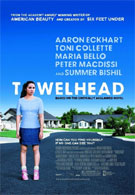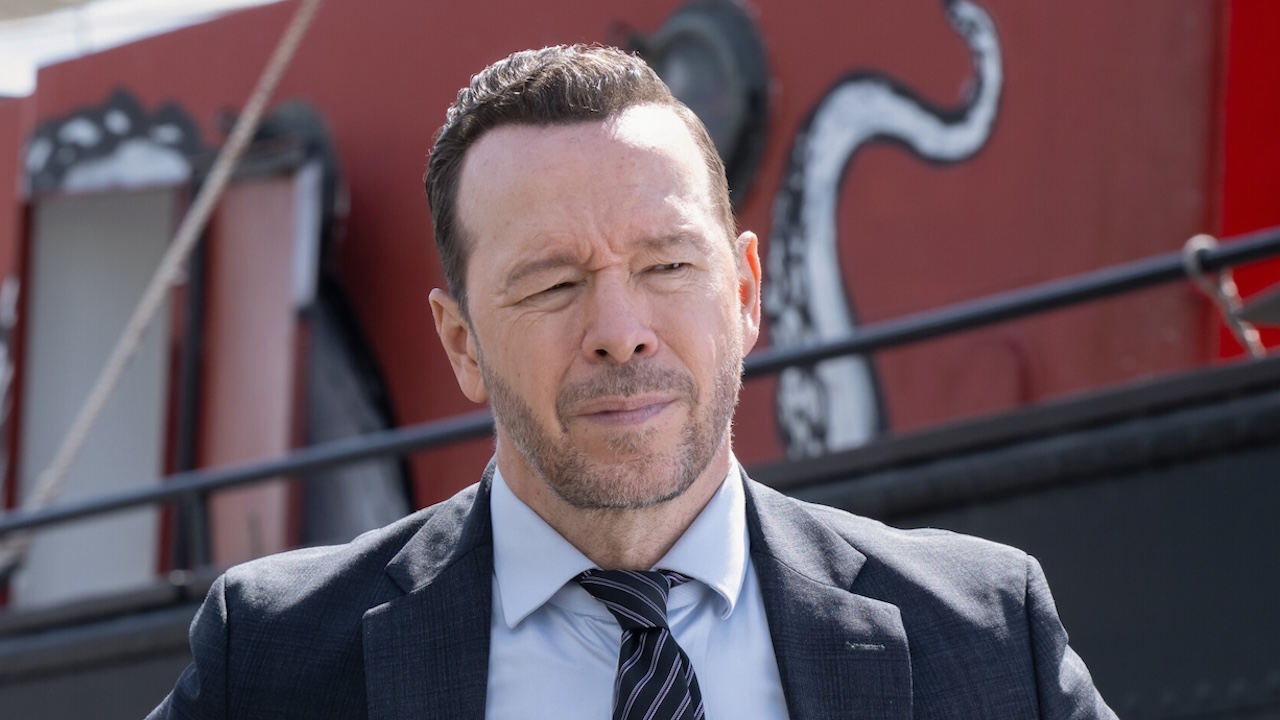There are a lot of potential victims and victimizers in Towelhead, both onscreen and off. As a middle-aged man telling the story of a teenage Lebanese girl who is sexually abused by her neighbor, writer-director Alan Ball is in an extraordinarily precarious position; one false camera angle or line of dialogue, and Ball is not only a hack filmmaker, but a pervert.
Ball avoids some but not nearly all of those pitfalls in Towelhead, an episodic, muddled movie that never quite finds its way. Based on the novel by Alicia Erian, Towelhead is a coming-of-age story about Jasira (Summer Bashil), a 13-year-old girl sent to live with her conservative father in the Houston suburbs when her budding body attracts the wrong kind of attention from mom's boyfriend. Dad (Peter Macdissi), for his part, is also terrified by Jasira's burgeoning sexuality, refusing to let her use tampons or even so much as look at a cute black boy at school, fearful of her getting the wrong reputation.
The only person not afraid of Jasira's new body, herself included, is her neighbor Mr. Vuoso (Aaron Eckhart), a sheriff and member of the National Guard who has her over as a babysitter. He catches Jasira and his own son sneaking glimpses at his porno mags, and while angry at first, he complies when she asks him for a copy of her own. From there only a few circuits in Vuoso's wrongheaded brain need to be switched before he's taking Jasira's virginity.
The episodic story then veers off to follow Jasira's romance with the aforementioned black boy, Thomas (Eugene Jones ), with whom things get awfully sexual awfully fast. There's also a pair of concerned neighbors thrown in there (Toni Collette and Matt Letscher), who notice Jasira's strange relationship with Mr. Vuoso and are seemingly lying in wait to catch the offender in the act.
Towelhead is guaranteed to find very limited audiences, thanks to the frank and contradictory way the movie treats Jasira's response to sexual abuse. Her encounter with Mr. Vuoso is clearly traumatizing, and yet, she seduces him again. She has sex with Thomas when they barely know one another, and shows no remorse afterward. But later, when a Glamour Shots photographer asks her to show off some shoulder, she storms off shouting "I'm only 13!"
While Jasira's confusion about her own sexuality is forgivable, and true to the actual experience of adolescence, the movie's muddled stance is less so. It never quite endorses sexual abuse of children, but by depicting Jasira's rape as an experience that empowered her, the movie assigns Jasira a level of adult thinking about sex that she wouldn't actually have. When she tells Thomas that she enjoys having sex with him and wants to continue, even after he learns of her rape, we're meant to applaud her as a brave survivor; instead, she never seems more than a damaged, confused 13-year-old, who could probably use a year or two away from men entirely.
With a touch of black humor and Ball's trademark moments of fantasy, the movie is never grim and serious despite its dark subject, which is refreshing. But it is also deeply confused about what it has to say, a major liability when tackling such hot and deeply personal topics. Take the title, for example; despite some mentions of the first Gulf War (the film is set in the ealry 90s) and Jasira's constant teasing at school, the movie isn't really about race or Middle Eastern identity at all. Maybe the book was, but in Ball's adaptation it all takes place in a weird, sex-obsessed place, where 13-year-old boys will grab a girl's breast before kissing her, and a girl will tell her adult neighbor that she had an orgasm. Separated in that way from the real world, and hindered by a clunky story with no real ending, Towelhead squanders its potential power.
Your Daily Blend of Entertainment News
Staff Writer at CinemaBlend


